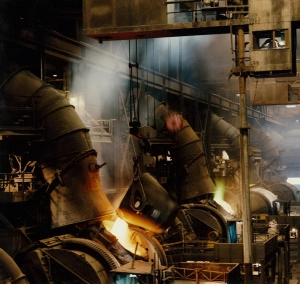http://www.thompsoncitizen.net/
With smelting and refining operations at Vale’s Manitoba Operations shut down never to return, the mining industry in Thompson has entered a new era, one in which the only processing to be done will consist of milling and which will see Thompson act as a feeder operation for smelters and refineries in Sudbury, Ontario, and Voisey’s Bay in Newfoundland and Labrador.
This will mark the first time since construction was completed nearly 60 years ago that Vale (and previously Inco) operations will not be fully integrated, taking nickel from the ore extracted underground to a finished product, instead just to a nickel concentrate that is shipped out from a new load-out facility that was recently completed.
A new era has also begun in a different way with the phasing out of Mark Scott’s position as vice-president of Manitoba Operations, with July 20 having been his last day on the job. Once again, for the first time since mining and associated operations began in Thompson in the late 1950s to early 1960s, they will not be overseen by a local head of operations but managed as a satellite mine of Vale’s nickel operations in Sudbury, with Alistair Ross in charge of all of the company’s Canadian mining operations.
Read more























